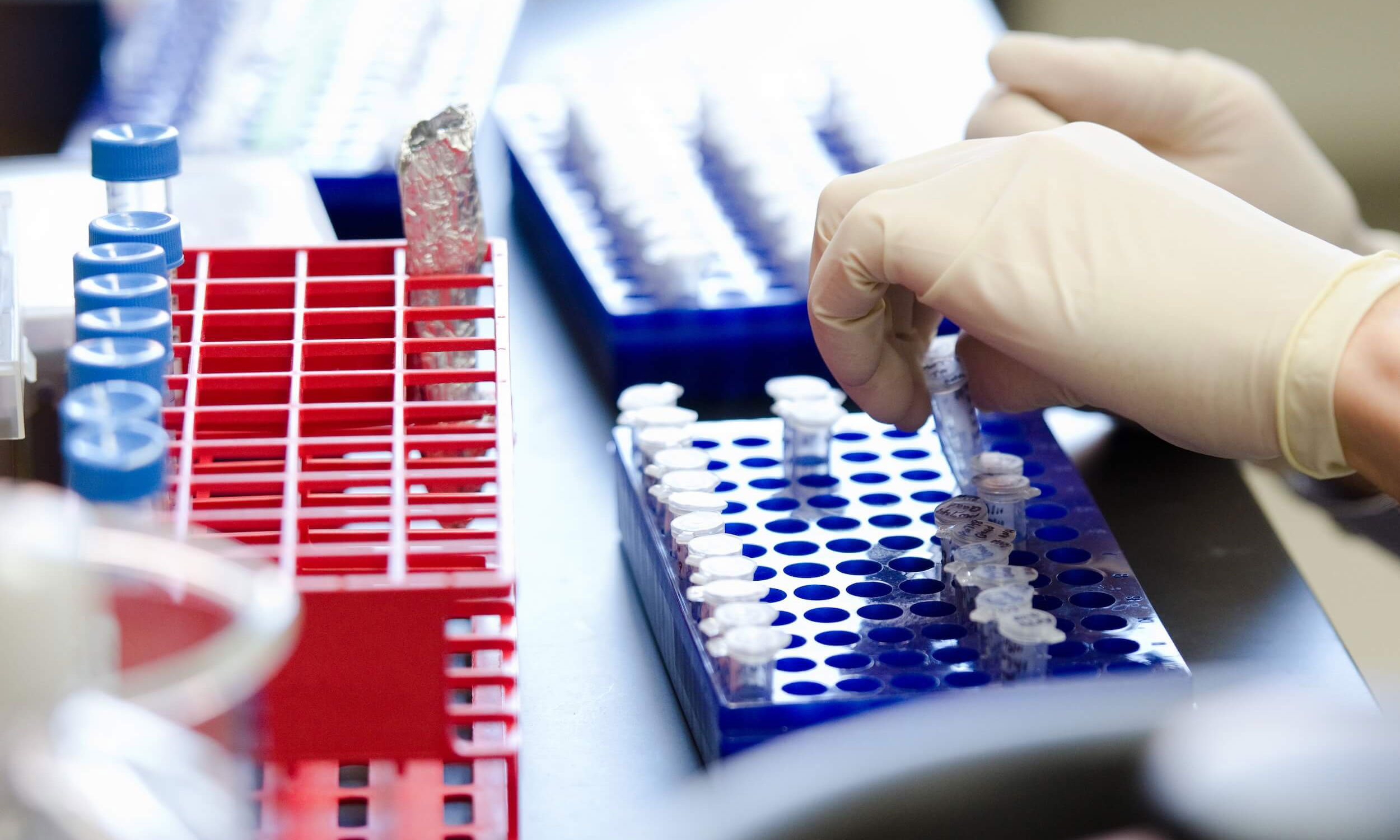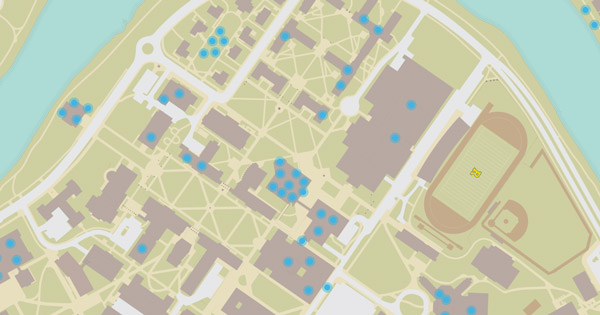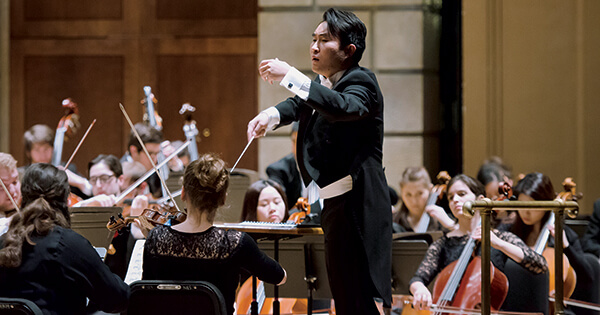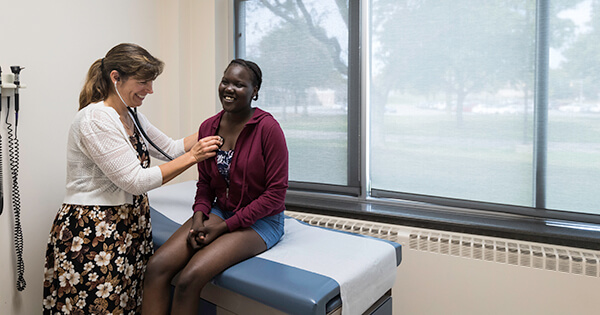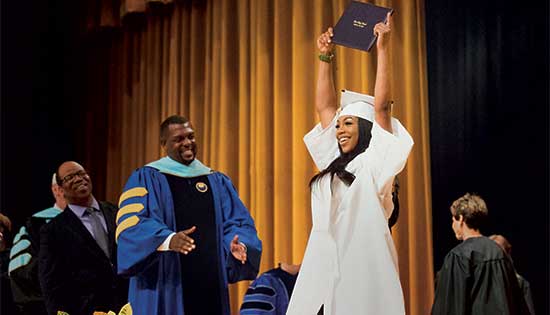Sean McLaren ’03
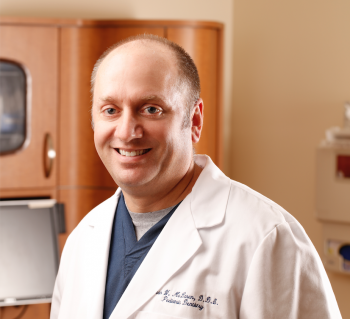
Sean McLaren ’03 (Den) ’06 (Den)
Rochester, New York
In 2016, the Eastman Institute for Oral Health (EIOH) was awarded a $3.5 million grant from the Health Resources and Services Administration (HRSA) for a five-year program that will train more than 100 pediatric and general dentists—plus numerous hygienists, dental assistants and other staff—to treat the unmet oral health needs of adults with intellectual and developmental disabilities and other conditions.
The program will be led by George Eastman Circle member Sean McLaren, DDS, chair of EIOH pediatric dentistry. He was gracious enough to take time out of his busy schedule to talk about his work and membership.
Congrats on the HRSA grant! What’s most exciting about this new program?
Sean McLaren: It’s ensuring that residents are getting experience they may not otherwise have received and further reducing treatment inadequacies for a growing population of special needs patients. We’re trying to produce exceptional doctors, and this program will provide invaluable learning opportunities.
Did you think you would be spearheading programs like this when you were a dental student?
SM: In dental school, I thought I would mostly be fixing teeth. But the more I got involved with the residency program at [Strong Memorial Hospital] and the pediatric program at [Eastman Institute for Oral Health], the more I was introduced to interesting opportunities that I had never considered or thought possible.
I still really love dentistry, and I think that’s helped keep me so engaged in administrative and policy projects that have potential to shape EIOH and its students.
As an EIOH leader, besides the new special needs program, what else would you like to be able to offer residents or the community?
SM: I would love to start-up an international outreach program for children who have limited or no access to dental care. We have the interest. A lot of our residents have done work of this kind in places around the world. There’s a lot of logistics I haven’t wrapped my head around, including funding, but that’s a long-term goal.
In the short-term, I’m looking at things like equipment, quiet rooms, and other various operational needs.
Seems like the kind of needs donor support might help with.
SM: They really are. Right now, support like that also allows us to send residents to conferences, address clinic issues as they arise, and give us the flexibility to pursue opportunities our budget doesn’t cover.
We love hearing why people decided to join. Can you share your story?
SM: I love this place. I’m a Rochester native, and I graduated from McQuaid Jesuit High School, where students are encouraged by the motto “Men for Others.” To me, that’s what we’re doing. I fully believe in EIOH’s mission and what we teach our residents. The George Eastman Circle was a good way for me to give back to an institution that I grew up admiring.
I direct my gifts to EIOH because we’re a huge safety net for children who come from poor families and have major dental needs. We’re doing things that most other places don’t do, for whatever reason. For example, there are few other pediatric dental care providers that accept the insurances we accept here. We’re a vitally needed resource, not just for the Rochester community, but also for many in the region.
Was providing that kind of help why you got into medicine?
SM: I’ve never liked feeling helpless around family members who were sick or in pain. When I was 15 years old, my brother was in a bad accident that put him in a coma. It was amazing to see the way the doctors and nurses care got him back to breathing on his own and, eventually, talking.
Did that experience help shape the doctor you are today?
SM: Absolutely. It was a traumatic time for my whole family. I remember my parents talking about the differences among the doctors. The doctors they thought were phenomenal were the ones who would take the time to explain what was going on so that they understood. It was so meaningful to have someone come in and not just talk medicine. I always try to do that for my patients and families because I’ve been on that side and know what it’s like to be upset and concerned about a loved one.
—Nancy Zawacki, May 2017


